Everyone deserves to live a productive and fulfilling life, including the right to vote!
National Voter Registration Day serves as an important reminder that everyone deserves the right to have their voice heard, including autistic adults who can take action by registering to vote.
Who Can and Can't Vote?
Many people assume that individuals with disabilities, especially those with guardians, cannot vote. This is untrue. While state laws vary, most individuals with disabilities can vote. To check your eligibility, visit your local election office or reference resources like the Autistic Self Advocacy Network's voting guide where you can check voting laws by state.
The Power of Choice
Voting is the ultimate exercise in decision-making — one of the core values of the NEXT for DSP philosophy. At its essence, choice means making selections free from coercion. Empowering individuals with disabilities to vote enhances their personal control and strengthens democracy. By understanding candidates and aligning their choices with their beliefs, individuals with disabilities can shape their futures.
Advocating for Disability Inclusion in the Democratic Process
This call to action is echoed by organizations like Vote the Spectrum, a nonpartisan initiative committed to ensuring those with disabilities are educated and empowered to amplify their voices in the democratic process. While currently focused on advocacy in Arizona, Vote the Spectrum has ambitious plans to expand nationwide, championing the fundamental right, and civic duty, to vote for all. At NEXT for AUTISM, we strongly believe in the importance of choice and decision-making—core values that align with Vote the Spectrum’s mission. Their message is clear: every person has the right to participate in shaping their community. Registering to vote is the first step in making sure that right is exercised.
"This is our moment – and decade – to address major issues that involve housing, healthcare, education, training, employment and community design, and build integrated communities that include valued physical, communication and cognitive curb cuts benefiting all citizens. These are not party issues. They’re all our issues,” says Denise D. Resnik, founder and CEO of First Place AZ and co-founder of the Southwest Autism Research & Resource Center (SARRC).
Civic Engagement and Human Rights
Across the country, organizations are working to enhance civic engagement within the disability community, ensuring that elections are more accessible at both local and national levels. While guardianship laws in some states still limit voting rights, progress is underway. Voting is not just a fundamental right—it’s a vital responsibility that affirms the dignity, agency, and power of every individual.
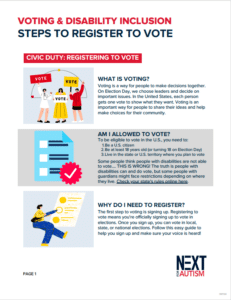
CLICK HERE to access a downloadable guide to assist with registering to vote, whether it's online, in person, or by mail.
Want to learn more about your Rights, and register to vote? Check out these resources.
• Vote the Spectrum
• Autistic Self Advocacy Network
• The Arc National
• U.S. Government
• Self Advocates Becoming Empowered GoVoter Project
• American Association for People with Disabilities REV UP: Register, Educate, Vote, Use Your Power
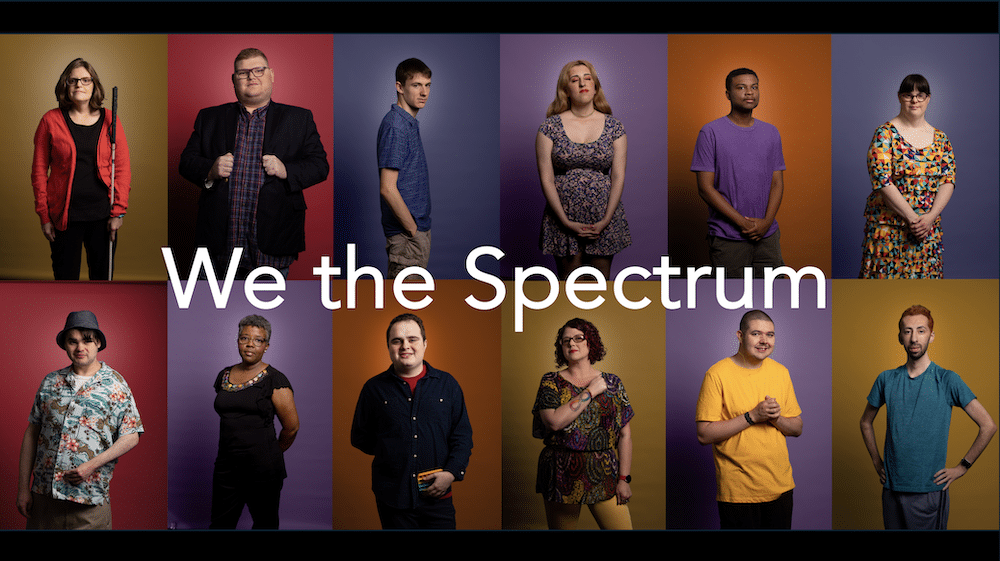

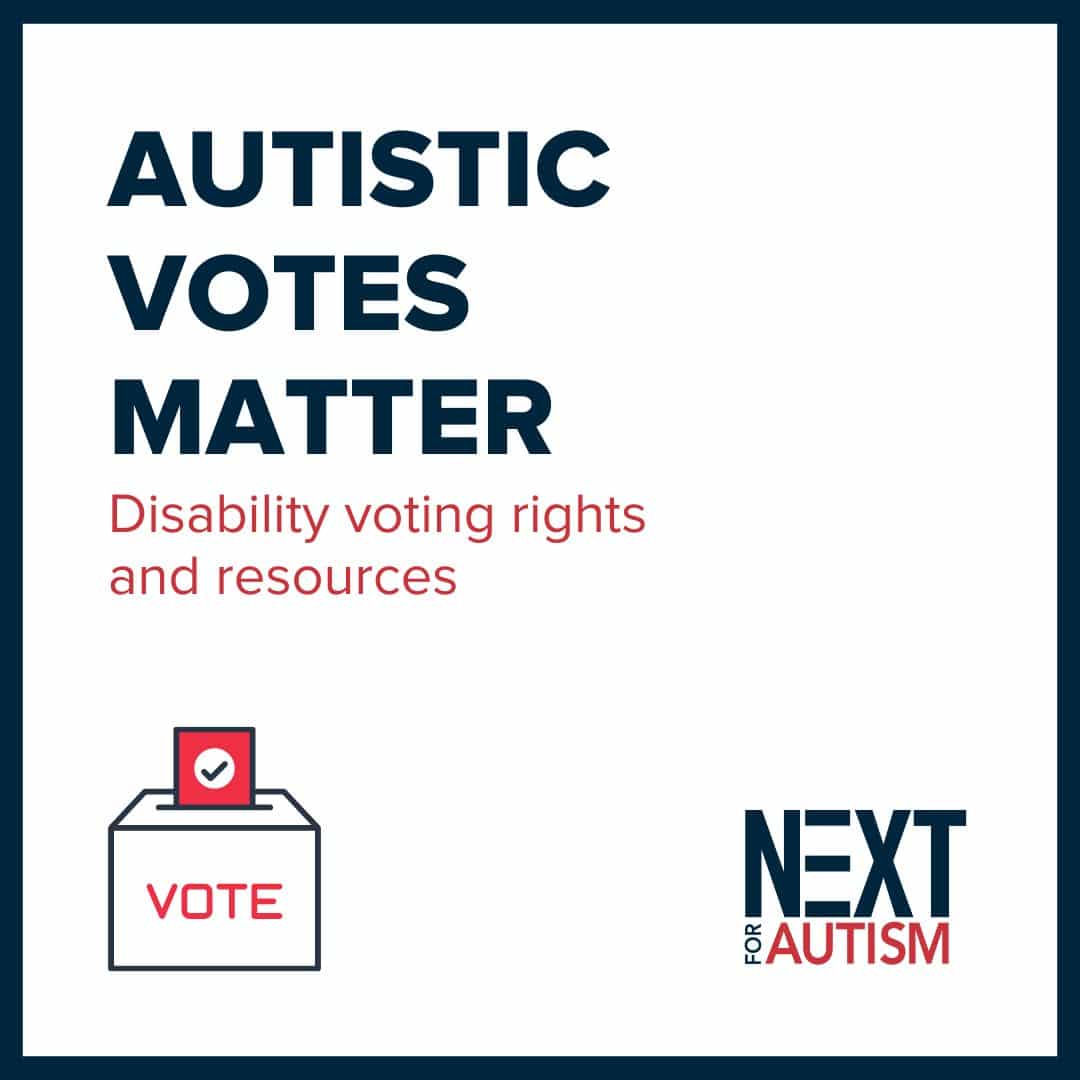
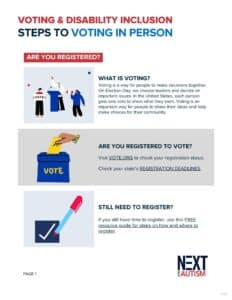
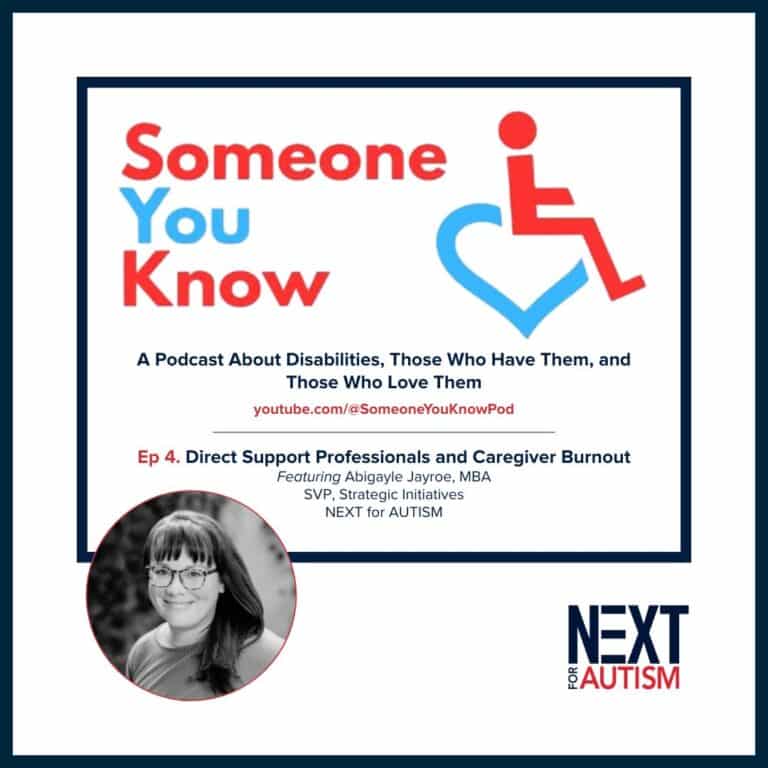
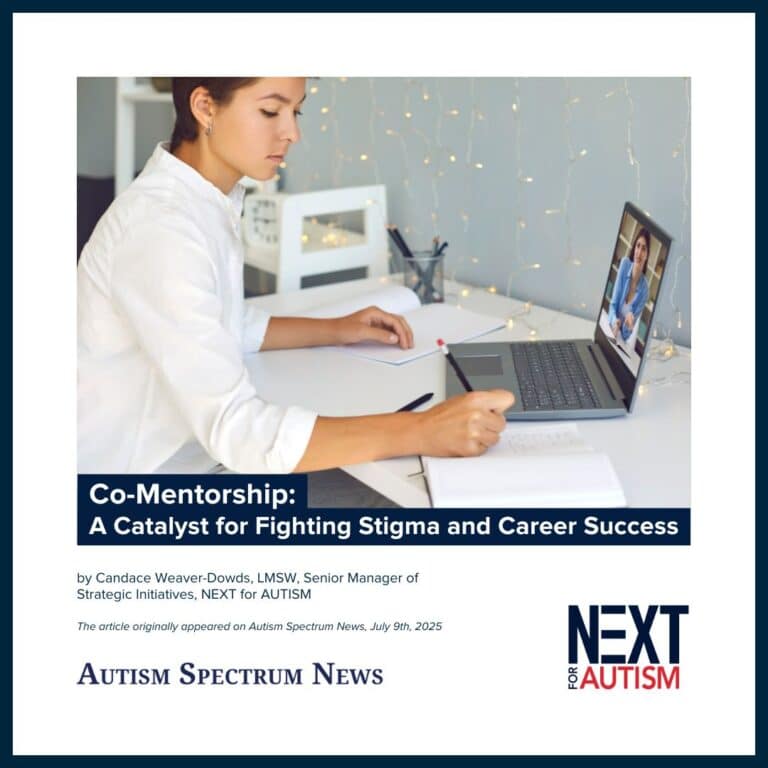
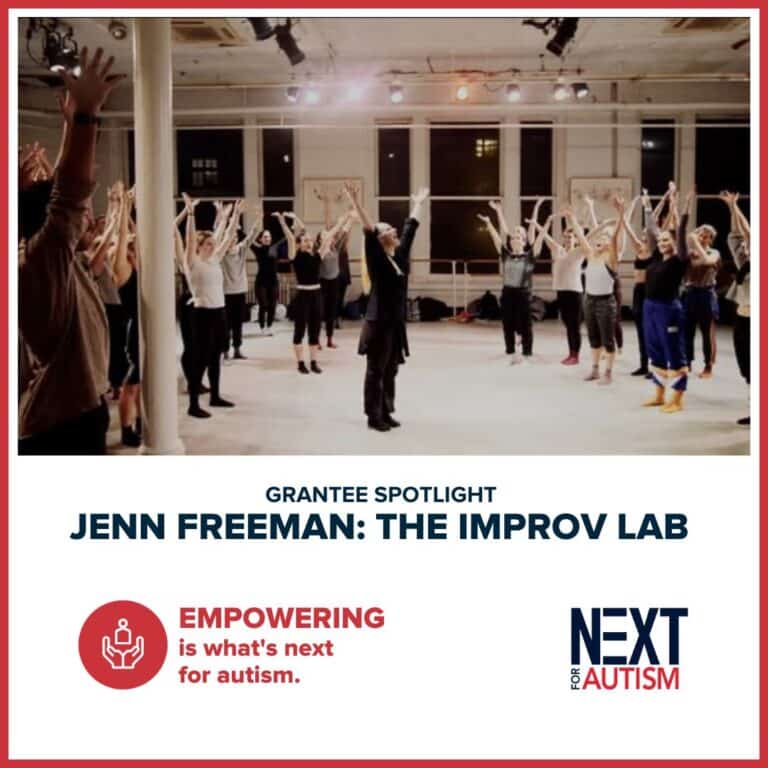

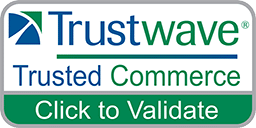
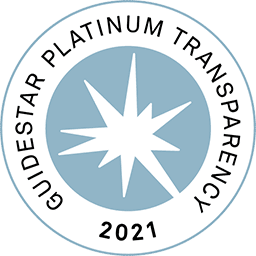
Leave a Reply